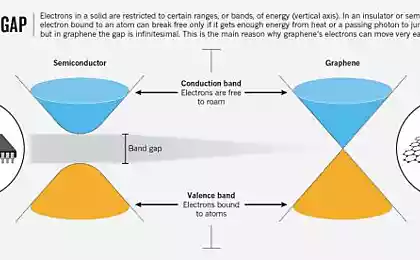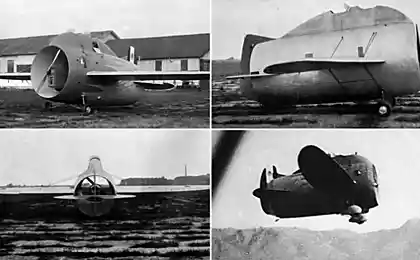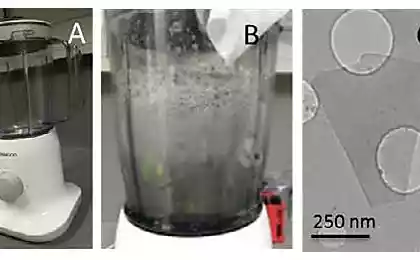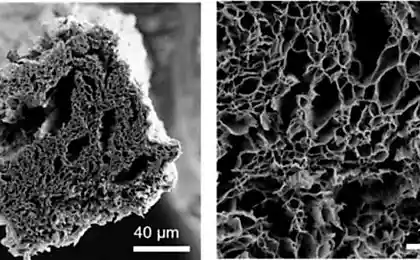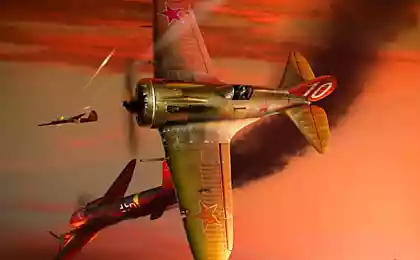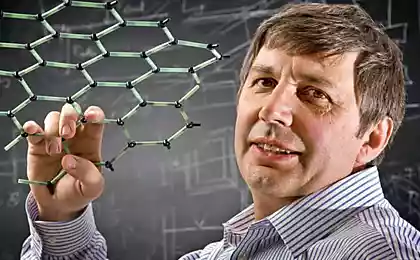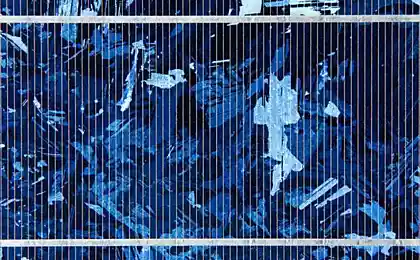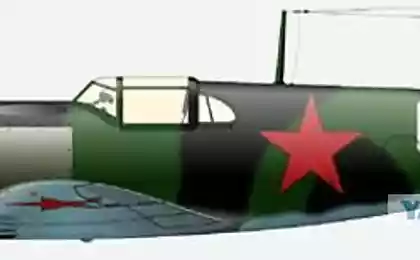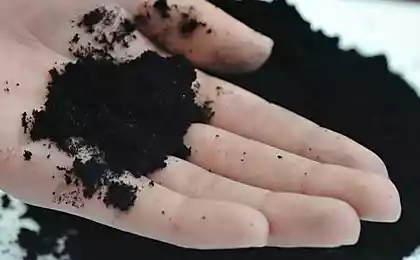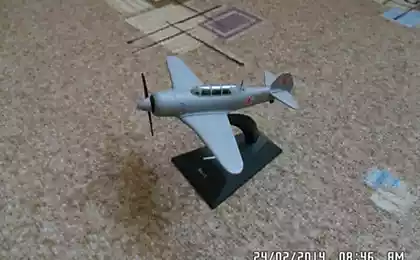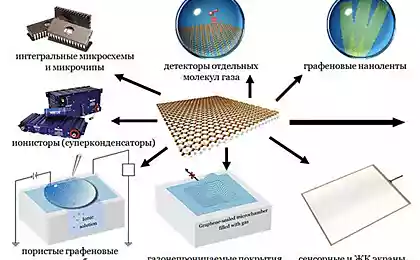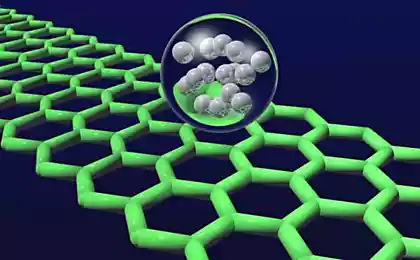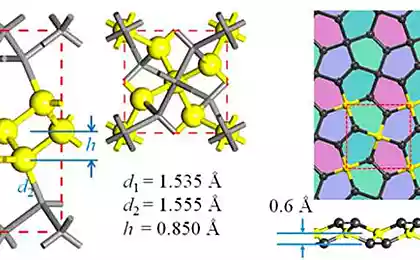483
Richard Branson: planes of graphene will be in 10 years
Richard Branson shared his concept assuming that in the future planes can be produced from graphene. It will be caused by the need to reduce fuel consumption, since only in the last 12 months the airline industry has increased its consumption by 50%, and the most obvious way to solve this problem – reducing the weight of aircraft.
Seventy one million four hundred ninety eight thousand one hundred twenty six
CEO of Virgin Atlantic, who founded it over 30 years ago, called super-light and durable material "technological breakthrough", which, according to him, will help to revolutionize the aviation industry and significantly reduce transport costs.
Speaking in Seattle, where the British airline was first established a regular flight, sir Richard noted that graphene is many times lighter and stronger than carbon fiber, adding that he hoped for its wide application as a material for the manufacture of shells aircraft in 10 years.
Graphene is a single layer (two-dimensional) material, consisting of carbon atoms. It forms a crystal lattice with regular hexagonal pattern, extracted from graphite. Possible applications of graphene is very wide due to its irreplaceable qualities – it is extremely lightweight (200 times lighter than paper), but on the strength superior to steel of 1000.
Fourteen million three hundred fifty thousand four hundred thirty two
British billionaire promoting the idea of graphene planes, just as when he persuaded Airbus and Boeing to use carbon fiber, which eventually happened. The latest Boeing 787 Dreamliners that Virgin uses for their flights, half of which consists of carbon fiber and other composite materials, which replaced the traditional aluminum. This allowed for a 30% reduction in fuel consumption compared to the previously used counterparts.
According to Branson, his airline remained committed to reducing its carbon dioxide emissions through using cleaner fuels. Now Virgin Atlantic is working with the American company Lanzatech on bio-technology, which will allow you to turn carbon waste from industrial processes in ethanol, which, in turn, can be used to create jet fuel.
Although the technology has yet to scale the Virgin bosses hope that it can revolutionize how the aerospace industry consumes fuel. published
P. S. And remember, only by changing their consumption — together we change the world! ©
Source: //ecotechnica.com.ua/transport/2280-richard-brenson-samolety-iz-grafena-poyavyatsya-cherez-10-let.html
Seventy one million four hundred ninety eight thousand one hundred twenty six
CEO of Virgin Atlantic, who founded it over 30 years ago, called super-light and durable material "technological breakthrough", which, according to him, will help to revolutionize the aviation industry and significantly reduce transport costs.
Speaking in Seattle, where the British airline was first established a regular flight, sir Richard noted that graphene is many times lighter and stronger than carbon fiber, adding that he hoped for its wide application as a material for the manufacture of shells aircraft in 10 years.
Graphene is a single layer (two-dimensional) material, consisting of carbon atoms. It forms a crystal lattice with regular hexagonal pattern, extracted from graphite. Possible applications of graphene is very wide due to its irreplaceable qualities – it is extremely lightweight (200 times lighter than paper), but on the strength superior to steel of 1000.
Fourteen million three hundred fifty thousand four hundred thirty two
British billionaire promoting the idea of graphene planes, just as when he persuaded Airbus and Boeing to use carbon fiber, which eventually happened. The latest Boeing 787 Dreamliners that Virgin uses for their flights, half of which consists of carbon fiber and other composite materials, which replaced the traditional aluminum. This allowed for a 30% reduction in fuel consumption compared to the previously used counterparts.
According to Branson, his airline remained committed to reducing its carbon dioxide emissions through using cleaner fuels. Now Virgin Atlantic is working with the American company Lanzatech on bio-technology, which will allow you to turn carbon waste from industrial processes in ethanol, which, in turn, can be used to create jet fuel.
Although the technology has yet to scale the Virgin bosses hope that it can revolutionize how the aerospace industry consumes fuel. published
P. S. And remember, only by changing their consumption — together we change the world! ©
Source: //ecotechnica.com.ua/transport/2280-richard-brenson-samolety-iz-grafena-poyavyatsya-cherez-10-let.html
